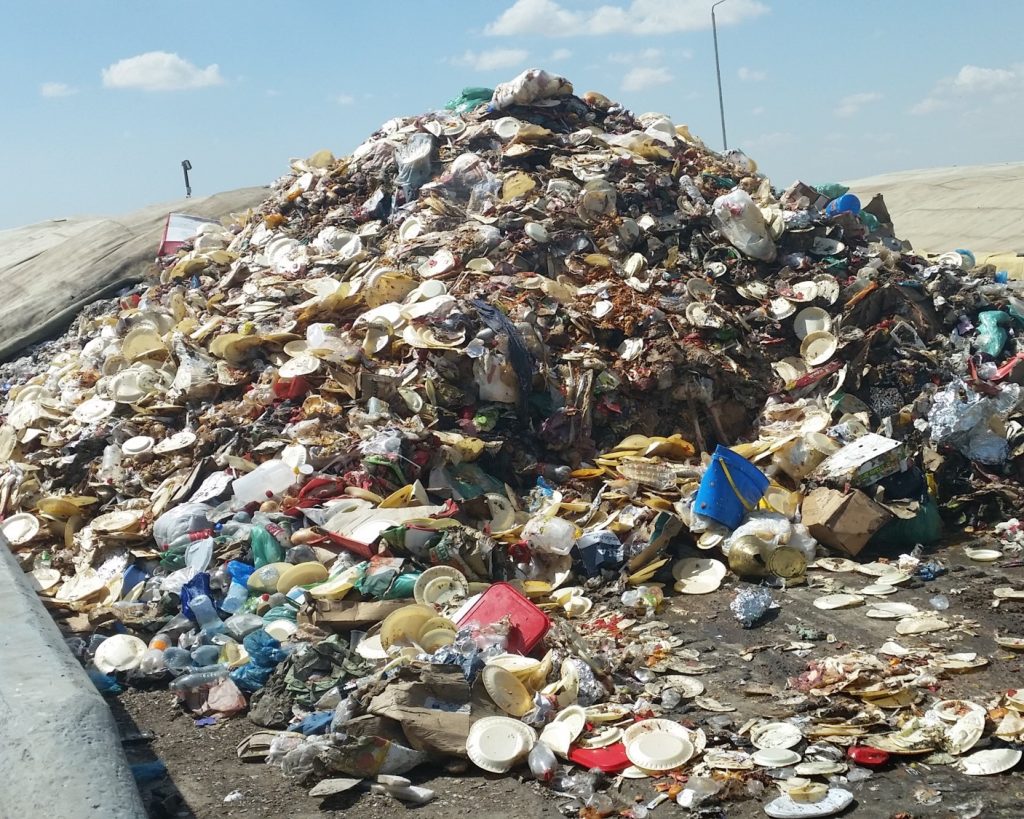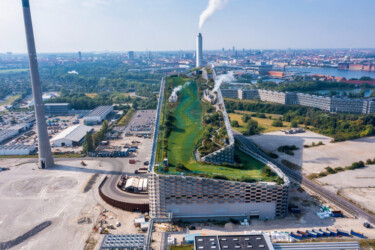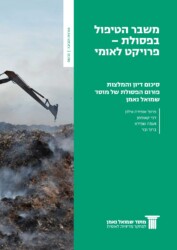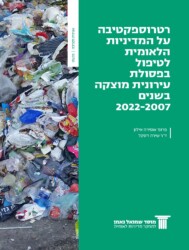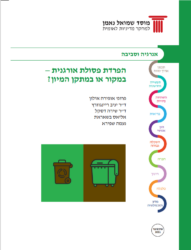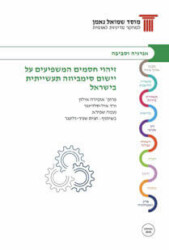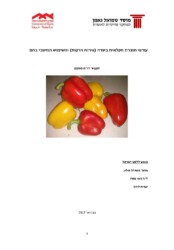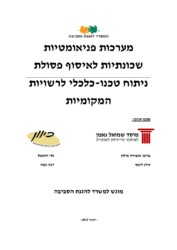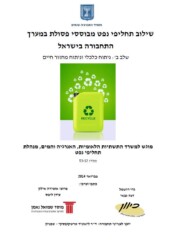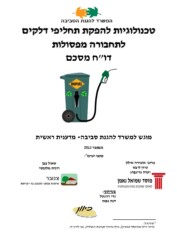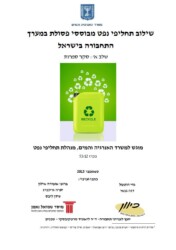The municipal and commercial waste in Israel is mostly directed to landfills, and the local authorities’ expenditure on waste treatment increases year by year due to the gradual increase in management costs, landfill tax, rising fuel prices and gradual increase in transportation distances. Waste of valuable resources contributes to environmental pollution and increased cost of living.
Samuel Neaman Institute’s studies examine the potential for reducing waste at source, reducing waste landfilling and developing processes that make the nuisance into a resource, both in the domestic sector and in the industry and agriculture sectors. Practical policies and tools at the national and local government levels are suggested.
The dashboard presents data compiled and analyzed by the Samuel Neaman Institute team, focusing on topics related to higher education, research, and innovation in the fields of Waste Management. It includes information on scientific publications, advanced studies, competitive research grants, patents, startups, and the participation of Israeli institutions in international research programs. The aim is to provide a comprehensive, up-to-date, and accessible overview of academic research activity and innovation in this domain, serving the needs of decision-makers, researchers, and other stakeholders in the system.

